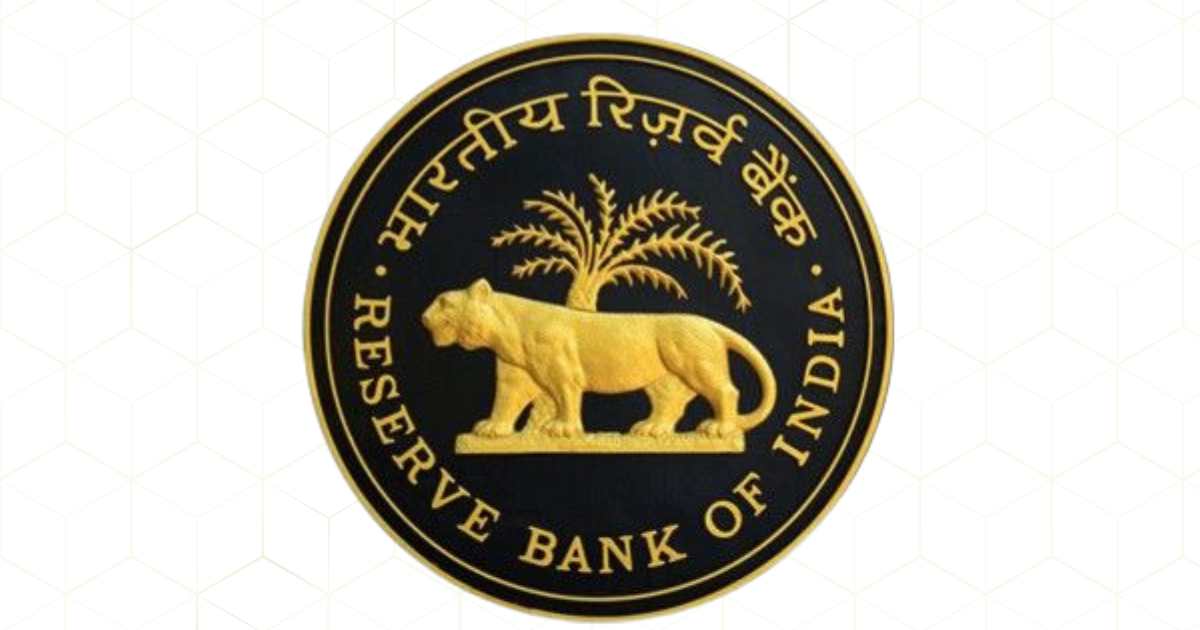In a recent development, Paytm Payment Bank, one of India’s leading payment banks, has faced a ban imposed by the Reserve Bank of India (RBI). This action was taken due to Paytm Payment Bank’s violation of the guidelines set by the RBI for all payment bank operating in the country. As of today, February 15, 2024, there are six operational Payment Banks in India.
List of Payment Banks in India
- Airtel Payments Bank: Launched in January 2017, it is a subsidiary of Bharti Airtel, a leading telecommunications company in India.
- India Post Payments Bank (IPPB): Established in September 2015, it is a subsidiary of India Post, a government-owned postal corporation.
- Fino Payments Bank: Launched in August 2017, it is a private sector bank focused on financial inclusion.
- Paytm Payments Bank: Launched in May 2017, it is a subsidiary of Paytm, a leading digital payments platform in India.
- NSDL Payments Bank: Launched in March 2018, it is a subsidiary of National Securities Depository Limited (NSDL), a central securities depository in India.
- Jio Payments Bank: Launched in April 2018, it is a subsidiary of Reliance Jio Infocomm, a telecommunications company in India.
These Payment Banks offer a range of services, including:
- Savings and current account deposits: Up to a maximum of ₹100,000 per customer.
- Payment services: Money transfers, bill payments, recharges, etc.
- Prepaid payment instruments: Debit cards, wallets, etc.
- Business correspondent network: Utilizing agents to provide financial services in rural and underserved areas.
The RBI has established a comprehensive framework of rules and regulations to ensure the smooth functioning, security, and stability of payment banks. Here are some of the key points highlighted by the RBI’s guidelines:
Payment banks in India have specific guidelines set by the Reserve Bank of India (RBI) which categorize each activity as permitted or restricted, along with additional regulations that must be followed. Payment banks are authorized to accept savings and current deposits, with a maximum limit of ₹100,000 per customer.
They can also offer several payment services, like bill payments, remittance services, mobile payments, and more, along with prepaid payment instruments such as cards or wallets. Encouraged to expand their reach, payment banks can establish a business correspondent network and use agents.
However, providing loans and advances, selling investment products, chit funds, money changing, and lottery services are prohibited for payment banks. To ensure financial stability, payment banks must maintain a minimum paid-up share capital of ₹25 crore and maintain liquidity ratios.
Also Read: P2P Lending Platforms Carry Hidden Risks: Expert Safety Tips
Strict compliance with know your customer (KYC) norms is enforced to ensure proper customer identification, and payment banks must establish robust operational, liquidity, and strategic risk management frameworks, along with secure IT infrastructure to safeguard customer information.
The ban on Paytm Payment Bank serves as a reminder of the RBI’s commitment to maintaining integrity and adherence to regulations in the financial sector. It highlights the importance of payment banks following the prescribed guidelines to ensure smooth operations and customer trust.
As Paytm Payment Bank addresses the violations identified by the RBI, it is hoped that this incident will serve as a wake-up call for all payment banks in India to review their operations and ensure strict compliance with the RBI’s guidelines, thereby fostering a healthy and trustworthy environment for customers.
Last Updated on 8 months












